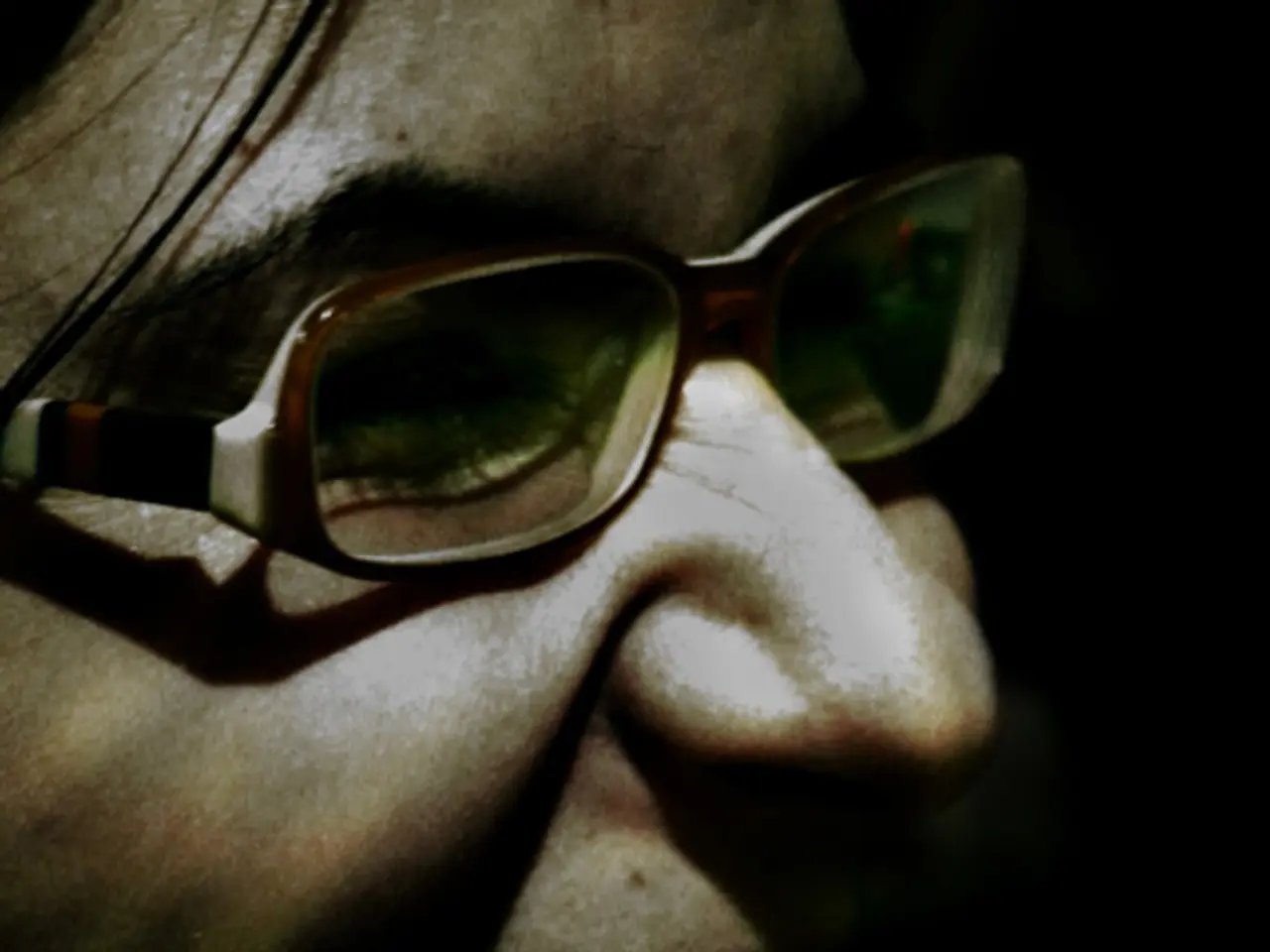Job-Related Despondency: Signs, Roots, and Further Insights
Unemployment and Mental Health: A Closer Look
Unemployment can have a significant impact on an individual's mental health, with around 56% of unemployed people reporting an increase in emotional or mental health conditions such as depression and anxiety [1]. This type of depression, known as unemployment depression, can develop following a job loss or during a period of unemployment.
Unemployment depression is often characterised by feelings of emptiness, sadness, or hopelessness, decreased interest in favorite activities, irritability or frustration, reduced energy levels or motivation, appetite or weight changes, sleeping more or less than usual, forgetfulness or indecisiveness [2]. To diagnose unemployment depression, a medical professional may ask about the development of symptoms around a stressful life event, preexisting mental health conditions, past mental health challenges, and substance misuse.
Long-term effects of unemployment-related depression often include persistent mental health challenges such as clinical depression, anxiety disorders, lowered self-esteem, and sometimes post-traumatic stress disorder (PTSD) [3]. These effects can last for months or even years, impacting emotional well-being, confidence, and motivation.
Increased stress levels and uncertainty surrounding job loss, loss of routine, and a perceived lack of purpose may lead to unemployment depression [4]. A 2018 study investigated mental health among individuals who were unemployed during the recession of 2007-2009 and found that periods of unemployment were associated with increased feelings of worthlessness, a reduced sense of purpose, reduced enjoyment of daily activities, lower levels of happiness, and increased levels of indecisiveness [5].
Recovery from unemployment depression requires an integrated approach that attends both to psychological healing and practical career rebuilding. Mental health treatment, such as psychotherapy and, if needed, psychiatric care, can help manage depression and anxiety, improve coping skills, and support emotional recovery [1][4]. Career counseling, working with mental health-informed career counselors or therapists, helps individuals process emotional impacts, realign career goals with personal values, regain confidence, and approach job searches with resilience [2].
Maintaining a structured daily routine, scheduling time for job searching, self-care (mental and physical), and social interaction, fosters stability and combats feelings of aimlessness [1][2]. Building supportive relationships, whether it's family, friends, peer support groups, or support from professionals, provides emotional encouragement during recovery [2].
Skill development and learning, using unemployment periods to upskill or explore new career paths, can foster hope and growth beyond mere job replacement [1][2]. It's important to remember that recovery is a non-linear process, and emotional setbacks may occur during triggers like interviews or networking, requiring ongoing self-compassion and support [2].
In conclusion, addressing unemployment depression requires an integrated approach that attends both to psychological healing and practical career rebuilding, improving long-term outcomes in mental health and job stability [1][2][3][4][5]. For those experiencing depression symptoms daily for more than 2 weeks, it is best to see a medical professional, such as their doctor or a mental health specialist [6].
Resources for Confidential Mental Health Support:
- Substance Abuse and Mental Health Services Administration National Helpline: 1-800-662-HELP (4357)
- Mental Health America: www.mentalhealthamerica.net
References: [1] National Institute of Mental Health (2021). Depression. Retrieved March 16, 2023, from www.nimh.nih.gov/health/topics/depression/index.shtml [2] American Psychological Association (2021). Unemployment and Mental Health. Retrieved March 16, 2023, from www.apa.org/topics/unemployment [3] National Institute of Mental Health (2021). Major Depression. Retrieved March 16, 2023, from www.nimh.nih.gov/health/topics/major-depression/index.shtml [4] National Institute of Mental Health (2021). Adjustment Disorders. Retrieved March 16, 2023, from www.nimh.nih.gov/health/topics/adjustment-disorders/index.shtml [5] Schieman, S., & Kaestner, R. (2018). The Mental Health of Unemployed and Employed Adults in the United States: Evidence from a National Panel Study. Journal of Health and Social Behavior, 59(3), 269-284. [6] Mayo Clinic (2021). Depression. Retrieved March 16, 2023, from www.mayoclinic.org/diseases-conditions/depression/symptoms-causes/syc-20375446




